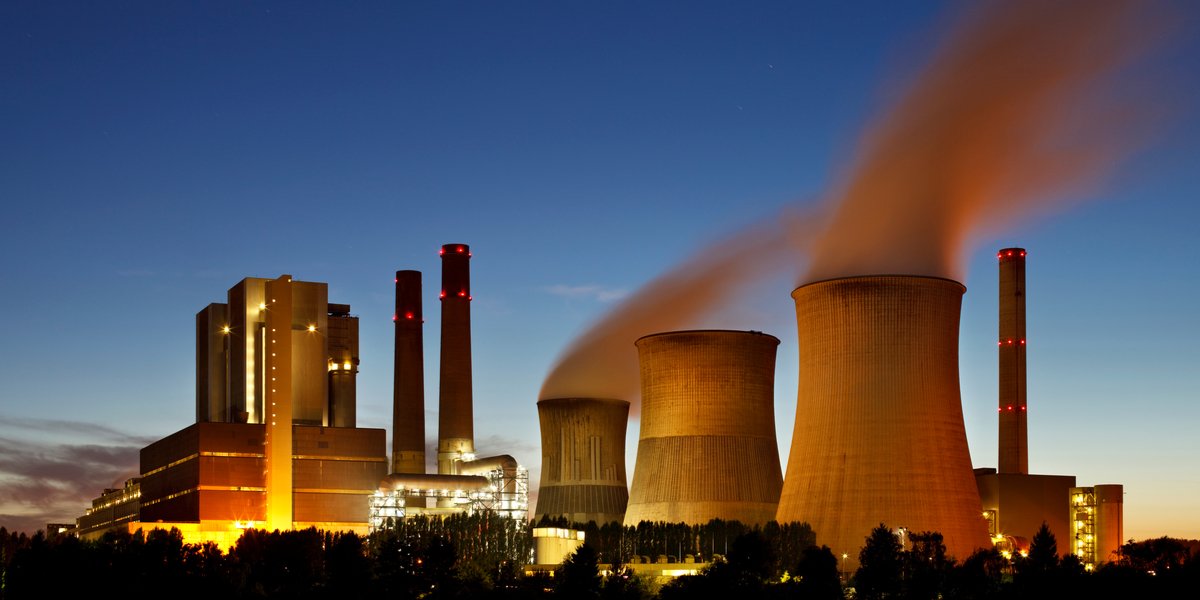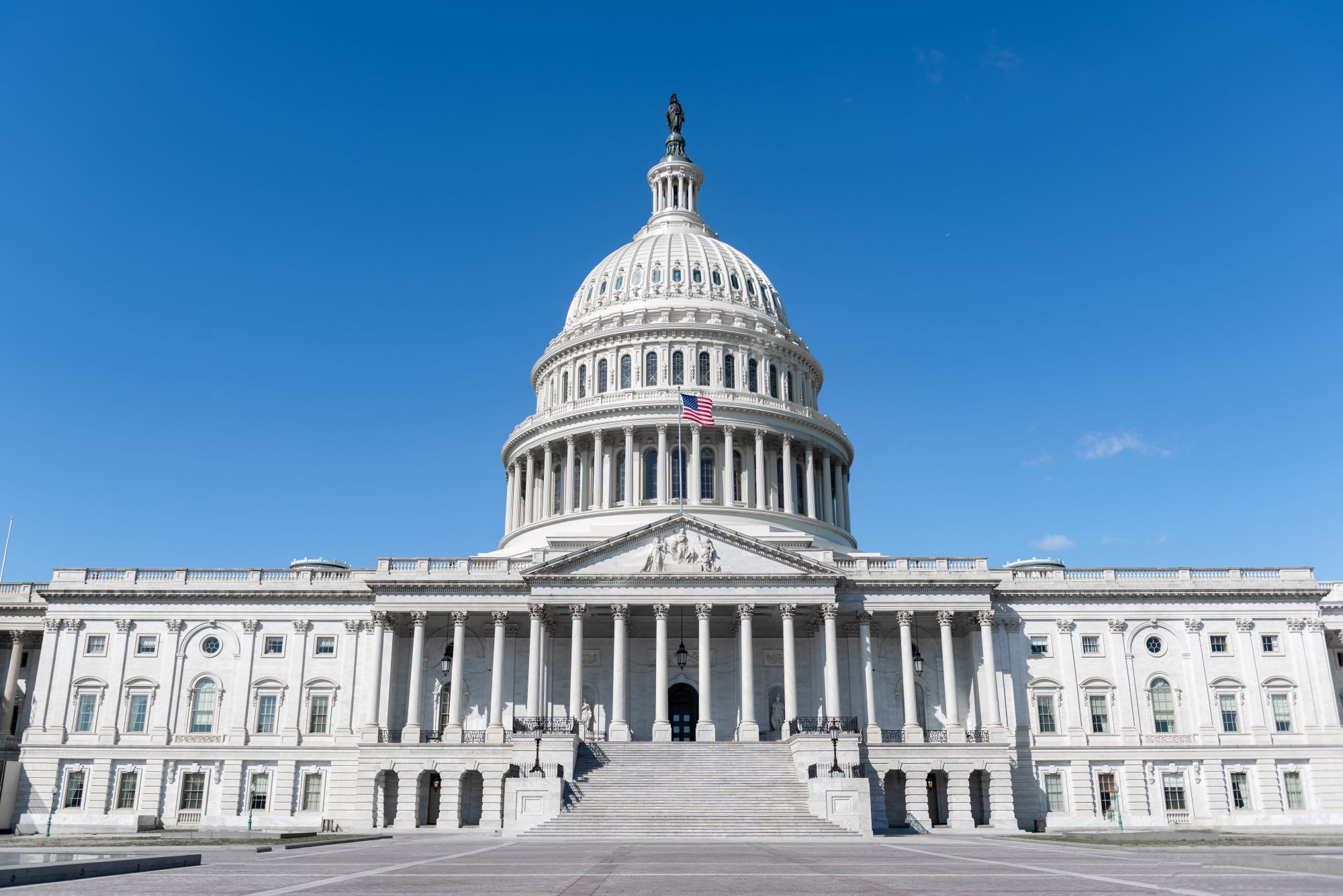Debunking Three Myths on Decarbonization
Let's Save Energy
Alliance to Save Energy's Blog

“Decarbonization” is the buzz word of the day, and like many other buzz words, its meaning can be easily misconstrued. While the idea behind decarbonization is simple – reducing carbon emissions – it’s associated with a lot of ideas and opinions that are often irrelevant, and sometimes false. Let’s take a look at three common myths about decarbonization – then take a look at the facts.
1. The Myth: Decarbonization hurts our economy
The Truth: A recent report found that not only does decarbonization help avoid the long-term costs of climate change, but reaching net-zero carbon emissions in the U.S. would create a more competitive economy and increase high-quality jobs – with a net employment increase of 1-2 million jobs over the next decade alone. Chief among the most beneficial decarbonization methods for our economy is energy efficiency. By using less of our energy resources, we not only reduce carbon emissions, but reduce the amount of money spent on energy. On an economy-wide scale, that frees up literally billions of dollars that households can spend on essentials, businesses can spend on investing in their workforce and expanding operations, and government agencies can put back in their budgets. A more efficient economy is not just a less carbon-intensive one, but a more competitive one.
2. The Myth: Decarbonization is only about energy supply and generation
The Truth: Say the word decarbonization, and most people think you’re talking about where your energy is coming from, whether it’s gas, coal, wind, solar, or nuclear generation. In reality, decarbonization relates to the whole energy lifecycle, including generation, transmission, and consumption. Decarbonization on the supply side, like switching to renewables, is just one part of the solution. Energy efficiency is a demand-side decarbonization solution, and the International Energy Agency found it can be responsible for more than 40% of the emission reductions needed to meet Paris Agreement goals.
Additionally, there’s a misconception that jobs in decarbonization are only on the supply side. In fact, energy efficiency is the largest employer in clean energy, employing more than 2 million Americans and, prior to the effects of COVID-19, was adding more jobs than any other energy sector. And these jobs aren’t geographically limited; they are found in 99.7% of U.S. counties.
3. The Myth: There’s no point in decarbonizing if other countries don’t
The Truth: Sometimes we hear that if America alone decarbonizes, the impact on the global climate would be negligible. At face value, that’s true. By some estimates, we need to reduce our global emissions by more than half in the next 10 years to meet our climate goals, and the U.S. is only responsible for 14% of global emissions. But the argument that stems from the claim – that this means it’s pointless to decarbonize our economy – not only ignores the fact that it’s going to take commitments from every country to reach our climate goal, but overlooks the many co-benefits of decarbonizing, particularly by utilizing energy efficiency solutions:
- We can strengthen our place in the global economy. By decarbonizing with energy efficiency solutions, the U.S. can reap the benefits of a more efficient economy and lead on innovation of clean energy technologies. Inaction lets others take our place: China may soon be producing 70% of the world’s electric vehicle batteries, and we’re investing roughly half the amount China is in energy innovation.
- We can make our grid more resilient. After the recent events in Texas, boosting our grid’s reliability and resilience is the talk of the town. Efficiency makes our grid more resilient by reducing the amount of energy demand during extreme weather events like cold snaps. And dynamic Active Efficiency solutions like distributed energy resources (DERs) and demand response can make these savings go even further, potentially preventing power from going down. In the event of blackouts, efficiency also makes homes and buildings stay more comfortable for longer; for example, one reason conditions got so bad in Texas was insufficient insulation in homes.
- We can enhance our global diplomacy. If no other country was taking action, the U.S. might lack the motivation to be the only one. But other countries are acting. Until President Joe Biden rejoined the Paris Agreement on his first day in office, the U.S. was among only Turkey, Iran, Iraq, Eritrea, Libya, South Sudan, and Yemen as countries that had not ratified the global commitment and was by far the largest emitter among those (China, frequently cited as a reason not to decarbonize, has committed to being net-zero by 2060). A go-it-alone approach to decarbonization doesn’t make sense, but neither does a go-it-alone approach to not decarbonizing: this is a global problem with global solutions.
Energy efficiency is the best strategy we have to decarbonize in a way that creates job opportunities, reduces inequitable energy burdens, and makes us a leader in clean energy innovation. To learn more about what steps Congress and the administration can take to drive efficiency across the economy, check out our policy priorities.
STAY EMPOWERED
Help the Alliance advocate for policies to use energy more efficiently – supporting job creation, reduced emissions, and lower costs. Contact your member of Congress.
Energy efficiency is smart, nonpartisan, and practical. So are we. Our strength comes from an unparalleled group of Alliance Associates working collaboratively under the Alliance umbrella to pave the way for energy efficiency gains.
The power of efficiency is in your hands. Supporting the Alliance means supporting a vision for using energy more productively to achieve economic growth, a cleaner environment, and greater energy security, affordability, and reliability.



